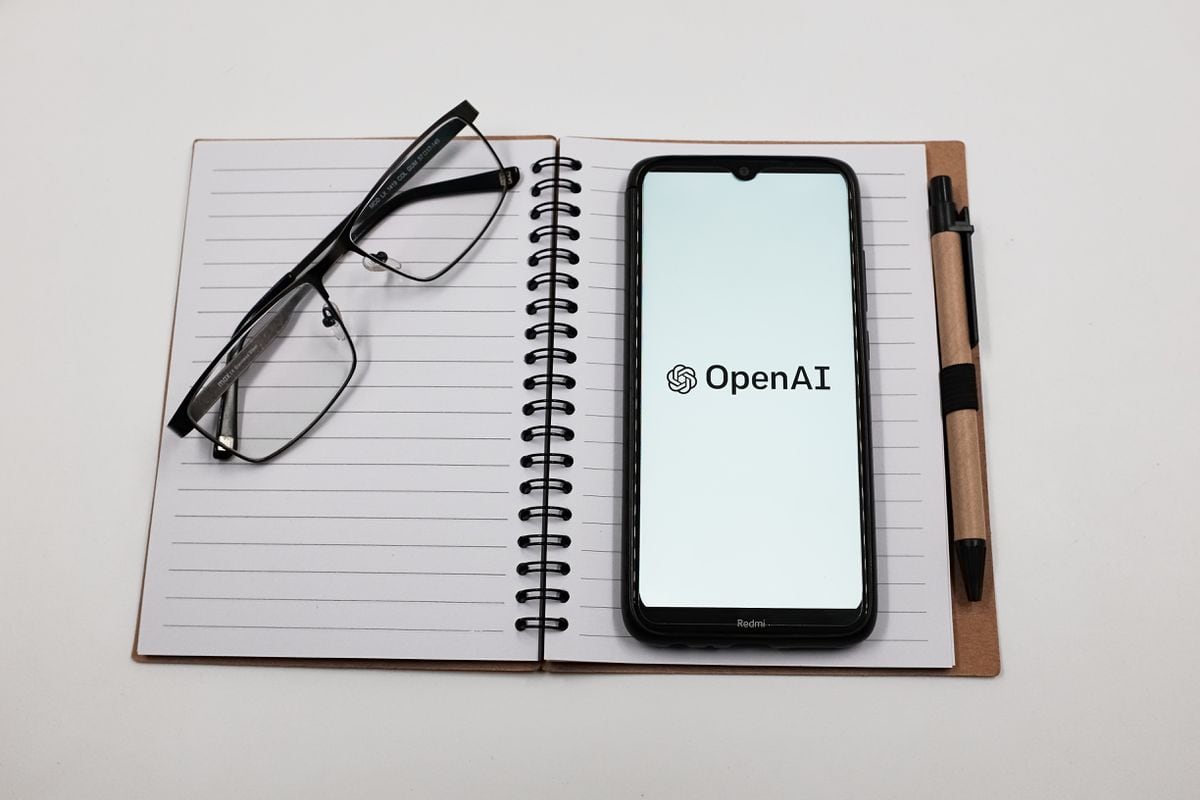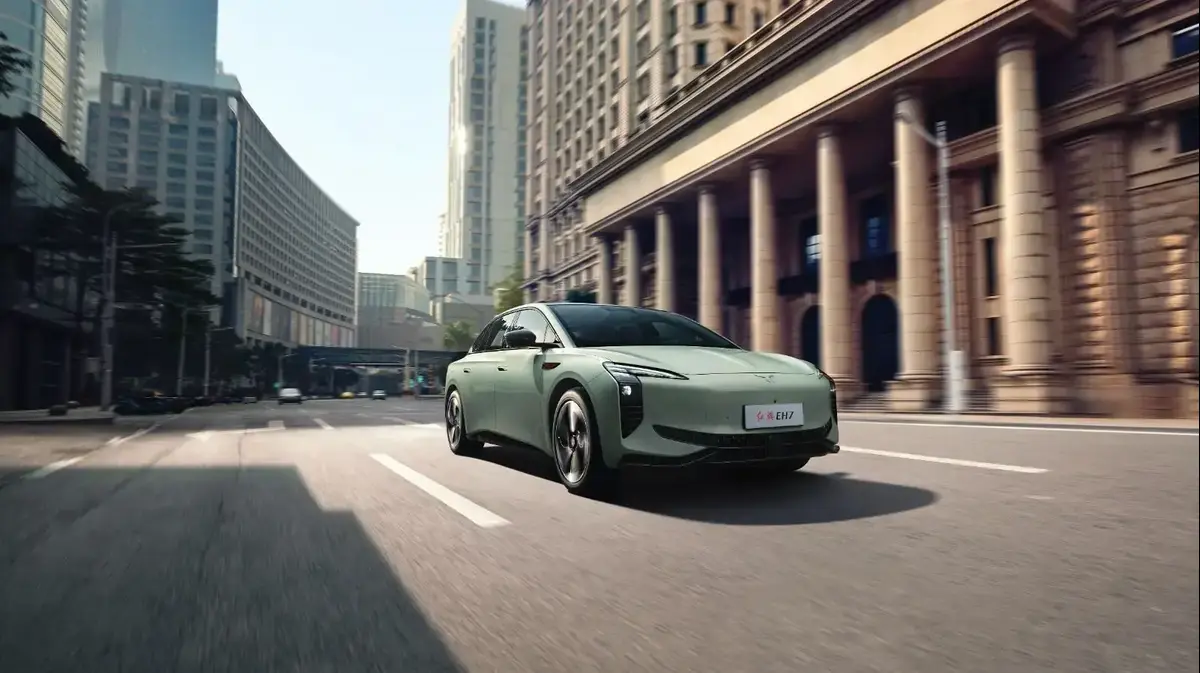Talking about artificial intelligence is fashionable. ChatGPT, Open Assistant, Bard and other highly relevant models appear constantly in our everyday conversations. However, just because it's trendy doesn't mean artificial intelligence is new. In fact, it has been operating among us for many years now, although in less dazzling applications than large language models.
What is new is the exponential explosion in the capabilities of these systems and the democratization of artificial intelligence that is taking place with its irruption, from the double aspect of users and developers. That is why the recent call by Elon Musk and other technologists to pause the development of "systems more capable than GPT-4" has caused me some astonishment. A Non-Proliferation Treaty aimed at preventing the spread of nuclear weapons makes all the sense in the world, because you can't go to a shopping mall and buy centrifuges to enrich uranium. However, anyone with a modicum of technological knowledge can buy space on a cloud server, and start developing artificial intelligence systems based on open-source libraries and publicly accessible training datasets. Therefore, prohibiting the development of artificial intelligence applications, without going into whether it is a good idea or not, does not seem feasible to me. It is a different matter to prohibit or limit certain uses of artificial intelligence, and that is precisely what the future European Law on Artificial Intelligence intends, among other things.
Rather than trying to open doors to the countryside, what needs to be done is to regulate and draw red lines that cannot be crossed, while promoting the innovation capacity of European universities and industries elsewhere. I am aware that today there are more questions than answers in this area, and therefore, determining what can and cannot be done is an almost titanic task. However, although it is not easy and we still have much to learn from AI, the regulator's job is to define the responsibilities of each of the actors involved in the life of an AI system (because responsibilities cannot be offloaded to machines), in order to empower supervisory bodies so that they can intervene and quickly remove from the circuit those who intend to make irresponsible use. of this technology. Regulation must combine solid foundations with the flexibility to adapt to the rapid developments that are taking place (and will continue to occur in this area).
That is why my proposal is that we address the governance of artificial intelligence as the regulation of commercial aviation was dealt with in its day. That is, with rigorous international standards in terms of safety, regardless of costs and with a constant process of improvement and updating, in which professionals not only learn from accidents (which fortunately are increasingly rare in commercial aviation) but from any small incident or error.
The Chicago Convention, which created the International Civil Aviation Organization (ICAO) almost 80 years ago, established a regulatory framework for international governance and rigorous technical standards, which ICAO member states must develop with laws in their respective jurisdictions and which airlines must comply with strictly, if they want to fly across international borders. The regional or national supervisory authorities of ICAO member states (in the case of the European Union, the European Aviation Safety Agency - EASA is also included) only grant their permits after a long cascade of certifications.
Pilots only get their flight licenses after very rigorous training and the same applies, at their respective level, to mechanics who check aircraft or air traffic controllers. Aircraft can only be sold and put into operation after passing countless tests, checking every last nut or screw. And even the solvency and capacity of the management teams of the airlines is reviewed and certified, because you can not leave a high-risk activity like this in the hands of a team of people who do not demonstrate sufficient capacity and experience. This is pure common sense.
It is clear that the aviation fanatic who builds his own plane is not the same as Airbus or Boeing manufacturing commercial aircraft models in which millions of passengers will travel; The computer fanatic who builds an artificial intelligence system for his own use is not the same as a company or a State that launches an artificial intelligence system that will impact the lives of thousands or millions of people. It is in this case that regulation and the existence and adoption of standards is particularly important.
Thorough review of algorithms
I find it very interesting to mention that the data-driven approach to commercial aviation is based on data because, of course, you don't wait for a plane to crash to look at its black box. Airlines, under the supervision of inspectors and authorities, thoroughly analyze the slightest noise or anomaly in the data recorded by the systems during flight. In other words: everything is processed and compared, again and again, so that flying by plane is a very low-risk activity and we all benefit from this very intelligent ecosystem. Those of us who get on a plane, to be able to arrive safely at our destination; companies and professionals in the sector, to earn a decent living. Note that, contrary to the usual discourse of technology companies, in commercial aviation, security is never computed as a cost or as a barrier to innovation but as the condition without which the business itself would immediately cease to exist.
In this regard, I welcome the fact that the proposal for an artificial intelligence regulation is based on a risk analysis system and provides for a number of requirements applicable to high-risk AI-systems, in particular system providers, such as the obligation to draw up an EU declaration of conformity and to affix the CE marking of conformity. These certifications, logically, must be complementary to the certifications, seals and data protection marks, which of course must also be applied with equal rigor to those systems that process personal data. In addition, in the same way that mechanical inspections are foreseen in aircraft from time to time or when certain parameters are verified, artificial intelligence systems must undergo periodic mandatory audits in which, as if they were the screws and nuts of an airplane, the algorithms and the data behind their operation are reviewed by inspectors and mechanics to ensure the safety of the system and Avoid accidents. And it is not worth that this information is protected by supposed intellectual property rights. For competition, it can be; for the inspector, never.
In short, if as everything seems to indicate, artificial intelligence will continue to advance in a vertiginous way in the coming years, replacing people and allowing machines to make decisions that will affect our lives on a daily basis, a natural and basic intelligence advises us to copy the model of success of those who make a living safely transporting people to ten thousand meters high and More than eight hundred kilometers of speed.
Similarly, in the same way that passengers can claim damages in the event of an air accident, there needs to be clear and specific rules in the field of AI in the event of accidents; that there will be, above all, at the beginning. In this regard, I welcome the fact that a proposal is under way at European level on liability in the field of artificial intelligence, although it would be desirable if the AI regulation itself also included a right of appeal for damage caused by artificial intelligence systems. Only in this way will effective enforcement and enforcement of AI laws be ensured.
It is in our hands, therefore, now that this sector is still in its infancy, to lay the foundations of a secure artificial intelligence, with equivalent international standards, which transmits to citizens the necessary confidence and contributes positively to the progress of humanity.
So, ladies and gentlemen, fasten your seatbelts as artificial intelligence arrives.
Leonardo Cervera Navas is the Director of the European Data Protection Supervisor
You can follow EL PAÍS Tecnología on Facebook and Twitter or sign up here to receive our weekly newsletter.










